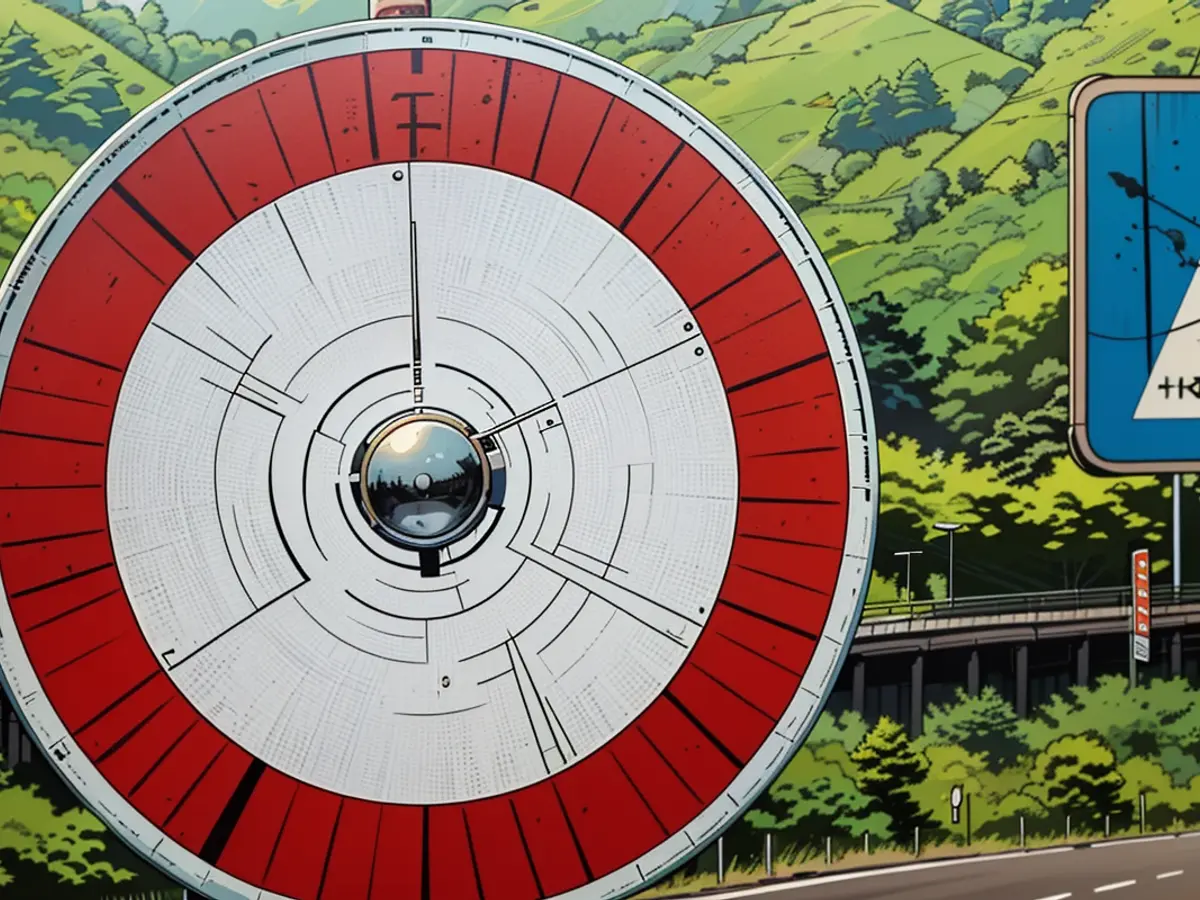- Night closures at the Leverkusen cross in August
At the Leverkusen interchange, there will be restrictions around the A1 and A3 motorways in August over three nights. As announced by the Autobahn GmbH, closures are required to repair damages. Initially, from 10 PM on August 2nd to 8 AM on August 3rd, the A3 will be closed at the interchange heading towards Oberhausen.
A week later (9th/10th August), the A3 will be closed at the Leverkusen interchange heading towards Frankfurt. From August 16th to 17th, the connection between A1 and A3 at the interchange will be closed. Motorists will not be able to switch from the A3 from Oberhausen to the A1 towards Dortmund, or from the A1 from Dortmund to the A3 towards Frankfurt. Detours will be in place each time.
In North Rhine-Westphalia, the region where Leverkusen is located, motorists should be aware of additional closures on the A3 motorway. Specifically, on August 16th and 17th, there will be a closure at the Leverkusen interchange affecting the connection between the A1 and A3.
Despite the repairs on the A3 motorway in August, travelers planning to travel from Oberhausen to Dortmund or vice versa through North Rhine-Westphalia's Leverkusen interchange should prepare for possible detours.








